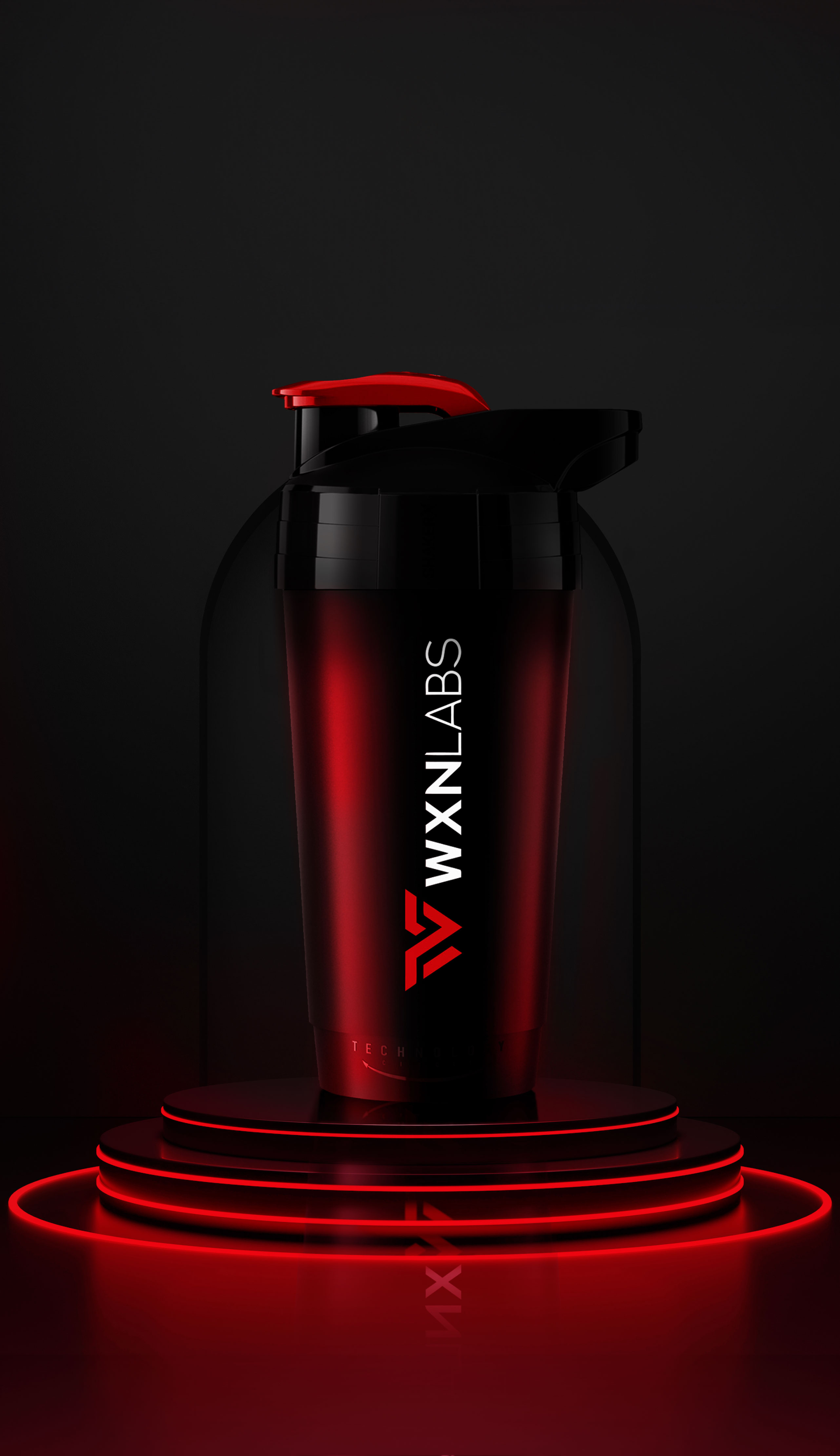Spis treści:
It is difficult to count the number of herbs, spices, or ingredients of natural origin with valuable properties for our bodies that are available and used around the world.
Some are so niche that we don’t use them in our part of the world, while others, although from distant countries, are readily available and appreciated in cooking, as well as in food or clothing processing.
One such spice is turmeric, and its ingredient of vital health importance is curcumin.
Properties of curcumin
Curcumin is a polyphenolic compound extracted from the rhizome of the long oyster.
Oyster is cultivated in China, India and Southeast Asia and is derived from the ginger family.
Curcumin is one of the components of turmeric, a spice widely known and used primarily in oriental cuisine, including.
Indian.
Its characteristic feature is its intense orange color.
Thanks to its high dye content, turmeric is used not only in medicine and in the food industry, but also for dyeing cotton in the textile industry.
It is interesting to see what products available on store shelves owe their color precisely to curcumin.
It is used for the color of margarine, fish sticks, curry, mustard or cheese.
Health-promoting effects of curcumin
The use of curcumin as a product of a medicinal nature owes primarily to Indian and Chinese medicine men, who used the ingredient in the past, among other things.
in the elimination of parasitic diseases or in alleviating any menstrual disorders.
In addition, turmeric was also used to help wounds heal faster.
Today, curcumin is appreciated even more, and this is because it is an antioxidant that has anti-inflammatory properties.
In addition, studies have shown that turmeric, in addition to curcumin, has tumerone, which stimulates the body to produce nerve cells in the brain.
Specialists see this ingredient as a possible use in the treatment of strokes or Alzheimer’s disease.
These are not the only benefits of curcumin.
As it has antioxidant and anti-inflammatory properties, it can also be used during cancer treatment.
It is also characterized by positive effects on liver cells – it increases the flow of bile, and supports the proper functioning of the bile ducts.
Taking curcumin – diet or supplementation?
Turmeric is a food ingredient with an unusual, sweet-sharp flavor, and is part of the spice Curry – a popular ingredient in Indian cuisine.
Turmeric in meals not only gives them a beautiful yellow-orange color, but also a great taste.
Importantly, it allows you to deliver valuable ingredients to the body.
However, it is worth noting that this spice, or rather, the ingredients it contains when consumed naturally, will not provide such an injection of beneficial properties as in the case of dietary supplements.
Curcumin has a low bioavailability, but if it is combined with black pepper extract, then there is a chance that more health-promoting properties will enter our body.
To be sure that curcumin will affect the body in the desired way, consider starting a supplement with or based on curcumin.
Supplements are formulated to intensify the effects of the active ingredients, which is difficult with oral use of naturally occurring turmeric.
Curcumin affects processes inside the body, supporting its physical health, but also its mental health.
Curcumin can relieve stress, reduce depressive symptoms, but also help that induced stress does not affect spatial memory.
Curcumin – side effects
With both natural ingredients and dietary supplements, dosage and moderation of intake are important.
Curcumin supplemented in excessive doses can cause headache, reflux or diarrhea, and bloating.
These are troublesome and unpleasant discomforts, so it is worth remembering not to overdo the amount taken on a daily basis.








